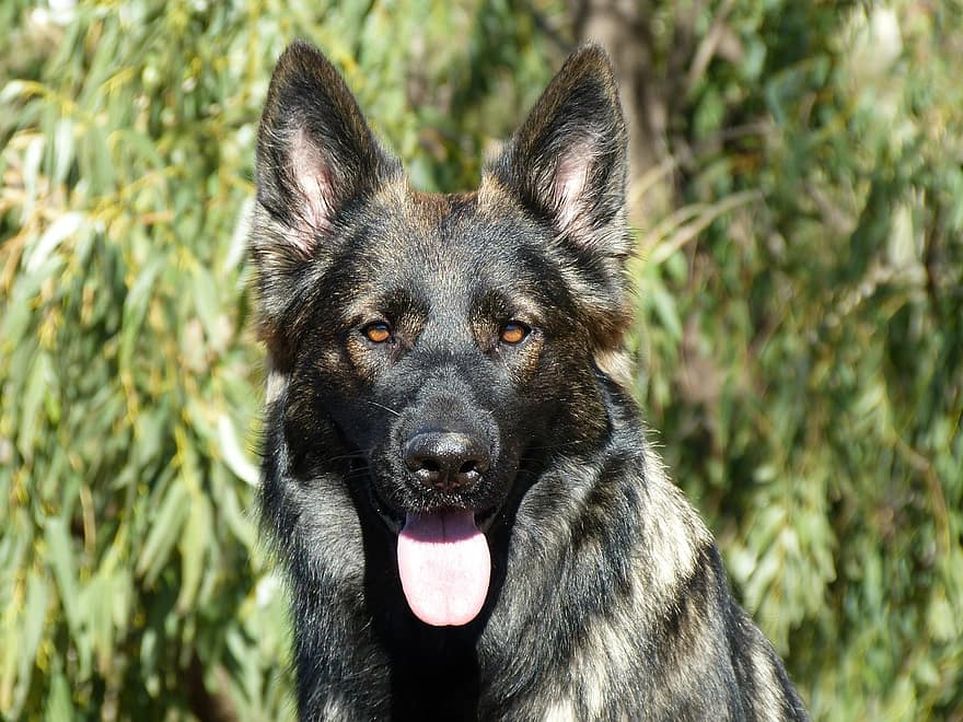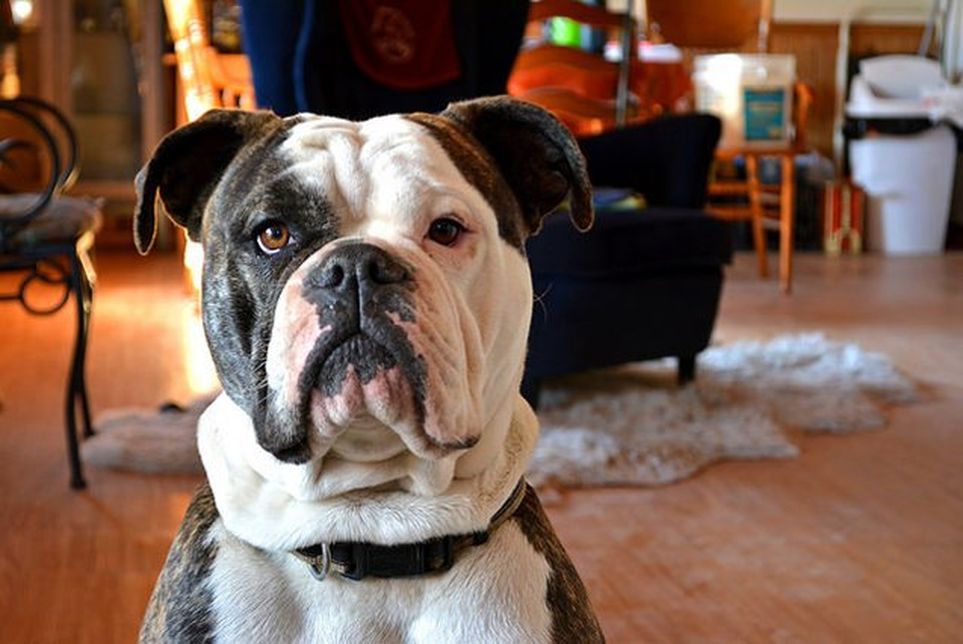A common question we get is, "do german shepherds have hip problems"? Yes, and it is something worth researching. Hip dysplasia is a condition that affects the hip joints of dogs. The condition is hereditary and is passed down from parents to puppies. German Shepherds are especially prone to hip dysplasia, as are other large breed dogs. Symptoms of hip dysplasia include pain, lameness, and difficulty moving the hips. Left untreated, the condition can lead to arthritis and joint problems.
Thankfully, there are steps that breeders and owners can take to help prevent hip dysplasia in German Shepherds. It is possible to produce German Shepherd puppies less likely to develop hip dysplasia through responsible breeding practices. Good nutrition and exercise are also crucial for preventing hip dysplasia. If you are considering getting a German Shepherd puppy, research and find a breeder who takes steps to prevent this condition. Hip dysplasia can be challenging to diagnose, but there are some signs that owners should look out for.
Your German Shepherd has trouble rising from a lying position
There's a difference between a puppy who is just feeling tired or lazy and doesn't want to get up and one who has physical discomfort when rising. If your dog is mentally alert and immediately rises when called, yet does so very slowly, or with a "shifting" motion where they seem to put more weight on one sign of their body, it could be a sign that they are having pain in their hips.
German Shepherd is having difficulty walking or limping
This one is probably the most clear-cut. GSD dogs are very athletic and well-built in general. Suppose they are having trouble walking, and it does not seem like they are simply tired. In that case, it is something that a veterinarian should examine. Limps can happen in any dog breed, and it could just mean that they have a temporary injury or something on their paw which is causing them discomfort and an awkward walk. Still, since hip dysplasia is so common in German Shepherds, it is always best to be cautious and talk to a veterinarian if the unusual walk has been happening for some time.
Your German Shepherd very rarely jumps or climbs stairs
This one can be difficult to catch with german shepherd puppies because it's possible that they are simply tired and do not want to go up a flight of stairs, even when they are perfectly healthy and without pain. Puppies generally have a more challenging time with stairs since their legs have not hit their full length yet. So it's vital to observe a dog multiple times- are they slow going up or down the stairs every time? Does it also happen at times when they are otherwise full of energy?
GSD seems 'stiff' after resting
Dogs frequently stretch and do a bit of "yoga" just like humans... that's why they call it the "downward dog" after all. So technically, every dog gets a bit stiff after a long nap. But it's a cause for concern if the dog takes any longer than a few seconds to get back to the full movement. It's important to recognize the difference between a tired dog and one stiff in the joints. If it is clear that they are not tired, yet the dog still takes longer than 5 seconds to get to their normal flexible self, there may be a reason to see a veterinarian.



